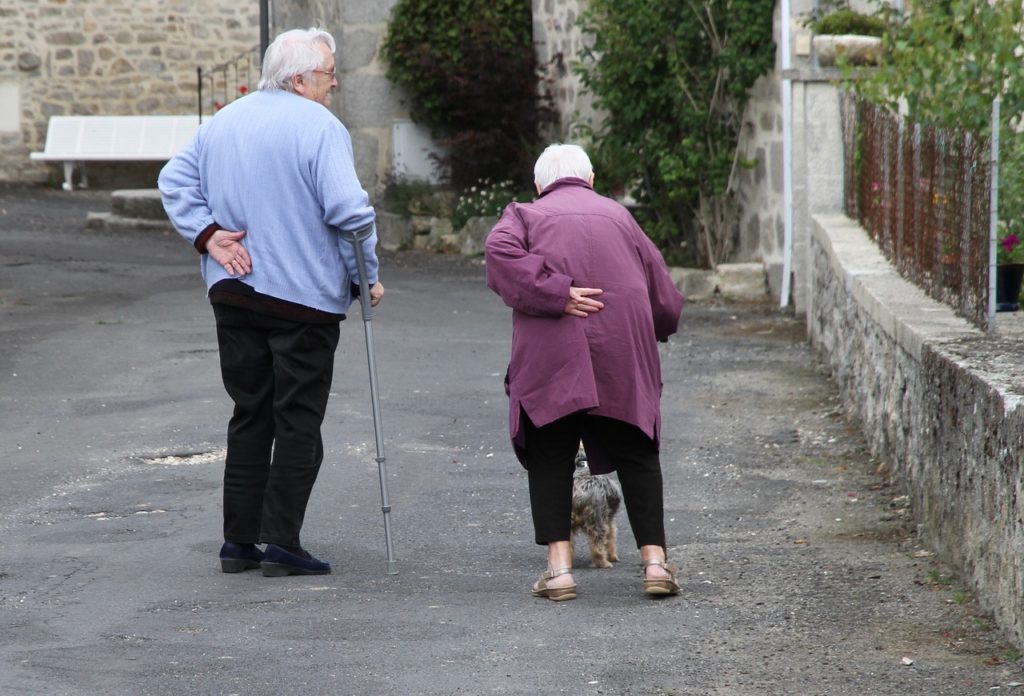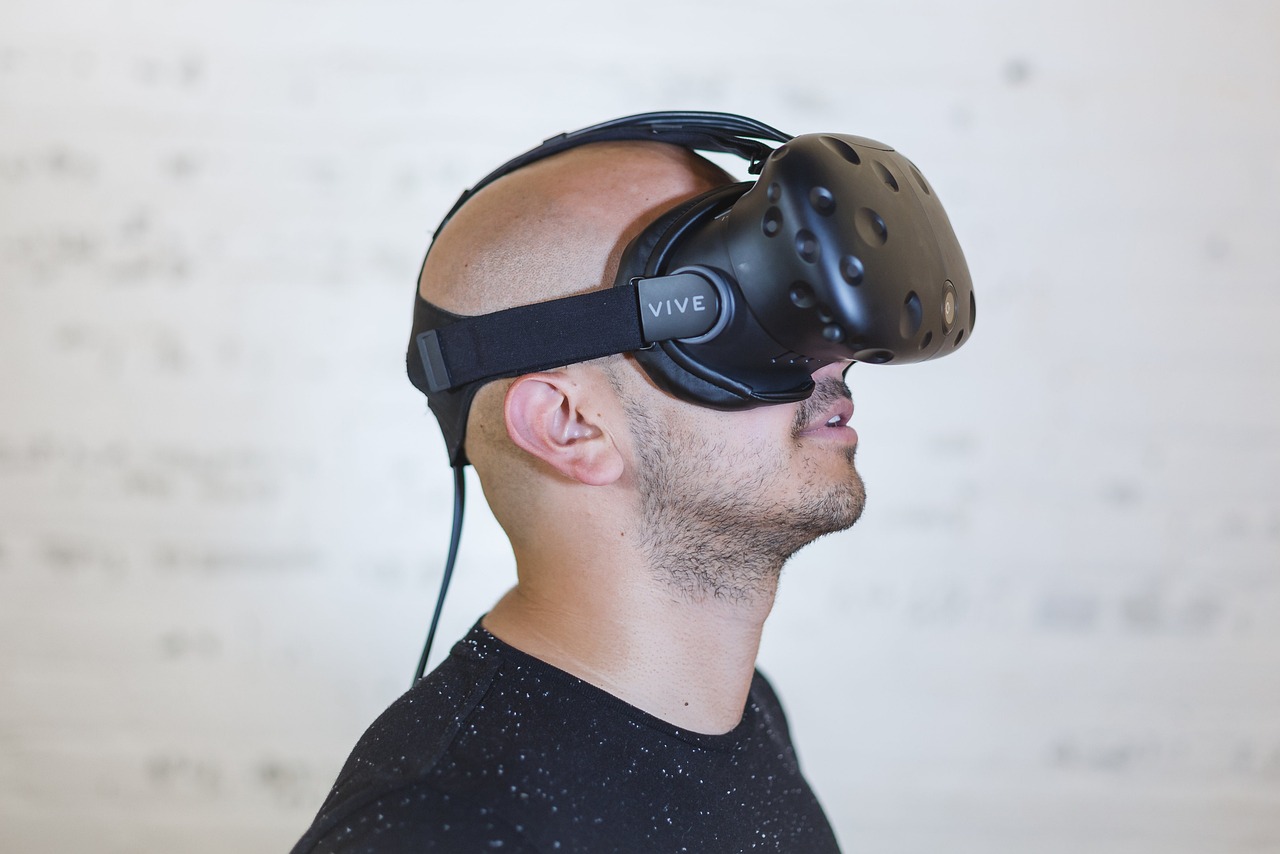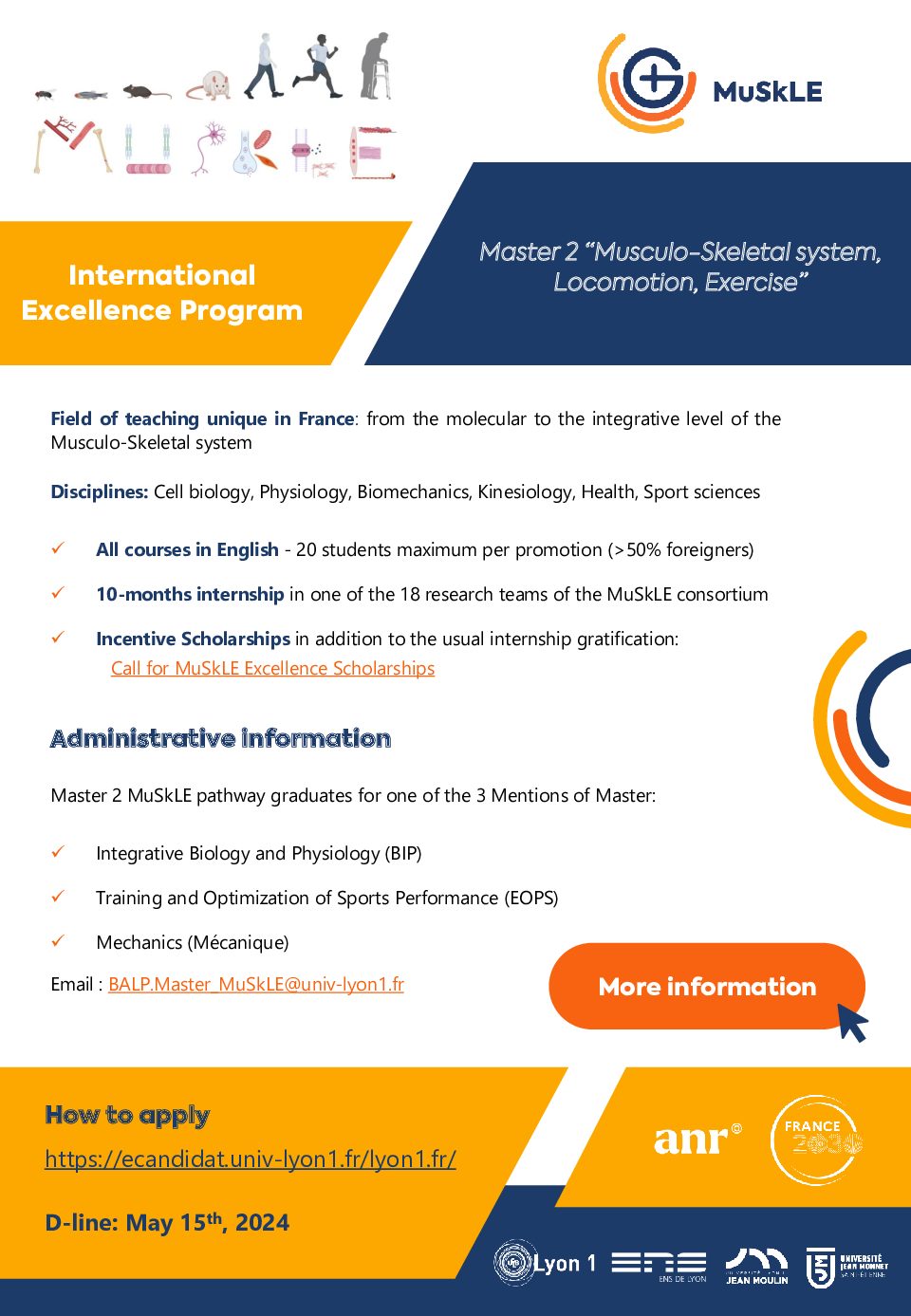Population ageing worldwide is rapidly accelerating. In France, the proportion of people aged over 65 years is projected to increase from 1/4 to 1/3 of the population between 2040 and 2070. The most problematic expression of population ageing is frailty, a clinical condition in which people have significantly increased risk of falls, neurodegenerative diseases, long-term care and death. Decreasing this risk requires being able to identify early frail older adults. Balance and gait impairment are core features of frailty, and are important risk factors for falls. In particular, slow gait speed and increased step variability are predictors of risk of fall and are now standard ways to detect frail older adults in clinical practice. However, gait is not only automatic but also requires to be flexible enough to accommodate different environments. Therefore, research is needed on gait adaptation to examine whether frail older adults are less able to modify their walking patterns to suit changing environments, with an eye toward revealing new markers of frailty. The first goal of the PhD thesis will be to evaluate gait adaptation in healthy and frail (with the motoric cognitive risk syndrome) older adults using a motor learning paradigm involving walking on a split-belt treadmill. Kinematic gait data will be collected during split-belt walking and the spatial and temporal strategies used to modify the walking pattern will be investigated. Computational (state space) modelling will also be used to reveal the hidden adaptive processes at work. The second goal of the PhD thesis will be to understand why some older adults are less able than others to adapt their walking pattern. We posit that brain and cognitive reserve should explain individual variations in the ability to adapt gait. Accordingly, brain imaging (MRI) data and proxies of cognitive reserve (education, occupational achievement, social interaction) will be collected within the populations of healthy and frail older adults to evaluate the association between gait adaptation and measures of brain (network integrity) and cognitive reserve.






